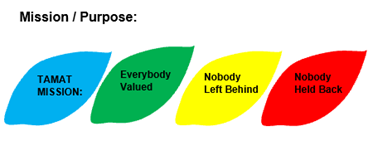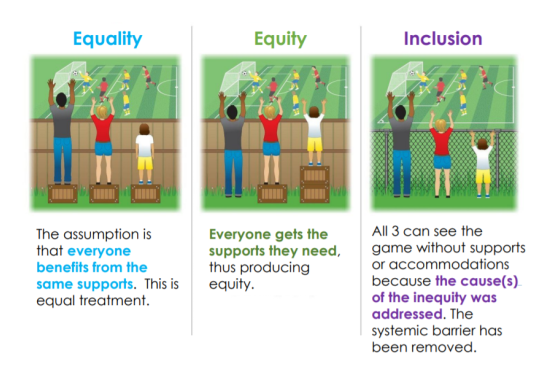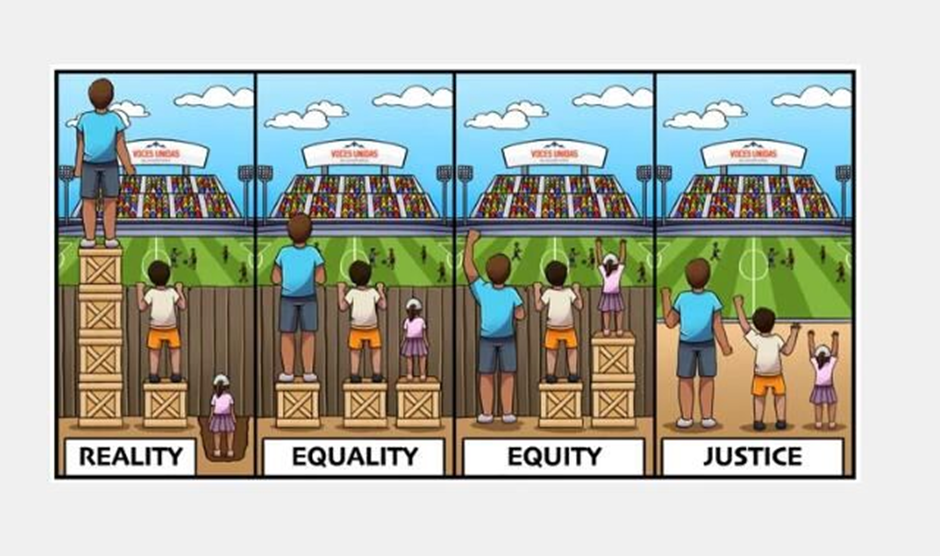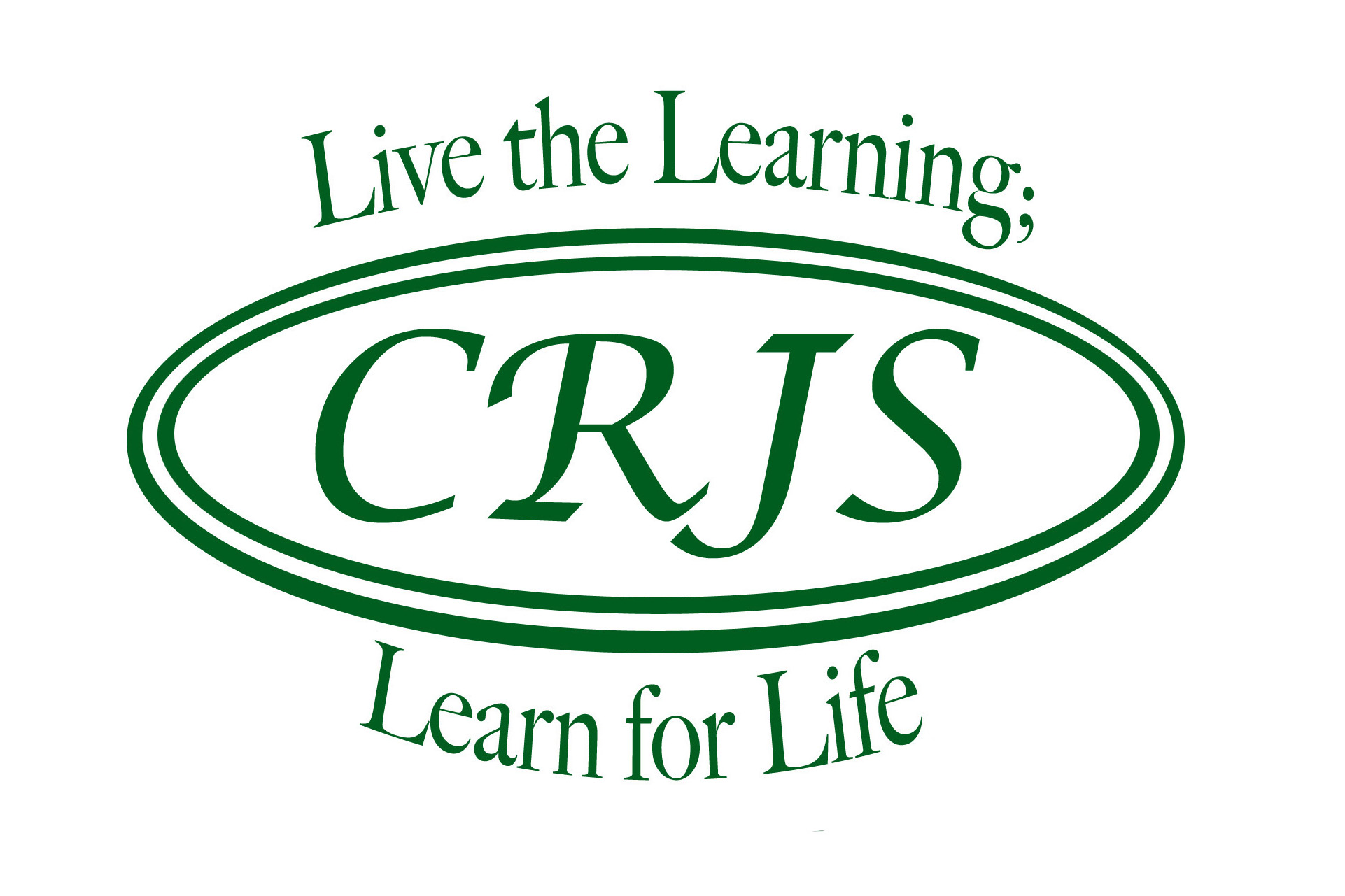Equality, Diversity and Inclusion

Promoting equality, diversity, and inclusion in our schools is essential for creating an inclusive environment where all students can flourish. Sadly, there is still inequality around us and it is important that our children grow up aware of inequality and are prepared to challenge the status quo. Racism, homophobia, gender stereotypes, limits on opportunities depending on post-code, faith or culture all need to be eradicated.
At TAMAT we aim to create an inclusive culture which benefits everyone and contributes to a positive learning environment. EDI is a priority at TAMAT and one of our key drivers which influences all schools. TAMAT’s mission is crafted around EDI: Everyone is valued, Nobody is Left Behind and Nobody is Held Back.
To support our commitment to EDI, TAMAT launched the vision with a training day for all staff by Andrew Moffat (author of several books and educational resources, including the No Outsiders programme - an approach to teaching primary school-aged children about diversity and tolerance). The aim of the day was:
- to give all staff a shared understanding of EDI,
- to build confidence in supporting EDI,
- to understand EDI is everyone’s responsibility,
- to challenge our unconscious bias and
- to look to how we can make our schools more inclusive in the work we do.
To ensure we keep informed, TAMAT schools regularly use surveys to capture views from staff, parents and pupils to find out how we are doing. Governors and trustees monitor EDI across all schools and we are confident that our PSHE curriculums and assemblies are effective supported by well-trained staff and school values. We also analyse the termly data in core subjects for specific pupil groups attainment and progress compared to the rest of the school. We also analyse behaviour incidents.
Schools are committed to making sure their curriculums represent all protected characteristics positively. Our TAMAT Strategic Plan aims to raise the profile of EDI through staff EDI Champions and EDI Pupil Ambassadors, so that EDI is considered in everything we do. EDI Champions meet together as part of a TAMAT EDI Network to share best practice and as support group led by our TAMAT Inclusion Leader.
EDI is not a one-off action it is ongoing and therefore under constant review.
Further Reading:
The Equality Act 2010 outlines the nine protected characteristics and the public sector duty that schools must adhere to working with staff, parents and pupils. It is unlawful to discriminate against someone on the grounds of any of these characteristics. The protected characteristics are:
- Age
- Disability
- Gender reassignment
- Marriage and civil partnership
- Pregnancy and maternity
- Race
- Religion and belief
- Sex
- Sexual orientation
Our TAMAT Equality, Diversity, and Inclusion (EDI) Policy outlines our commitment to promoting equality and addressing discrimination.
Each school manages an Accessibility Action Plan which is reviewed every three years to be proactive in removing barriers which may exist now and in the future.
All schools have a clearly defined curriculum which can viewed via school websites. Schools use weekly PSHE (Personal, Social, Health, and Economic Education) lessons as well as assemblies and school values to promote these areas so children have a good understanding and appreciation of EDI.


No Outsiders

At Crawley Ridge Junior school, there are No Outsiders and everyone is welcome.
As part of our PSHE curriculum, we enhance our CoramLife Scarf curriculum by including a scheme called No Outsiders. This scheme was created by Andrew Moffat MBE, who was nominated for the Global Teacher Prize in 2018-19. No Outsiders has three core values:
- Respect for diversity through education in schools;
- Commitment to community cohesion through understanding and acceptance of difference;
- Promotion of dialogue to counter fear and hate in society.
No Outsiders is taught to each year group through the use of age-appropriate books. Through these beautiful pictures books, the children learn about the 7 protected characteristics of the Equality Act 2010. These include:
- age;
- disability;
- gender reassignment;
- race;
- religion or belief;
- gender;
- sexual orientation.
It is important we create a school culture in which children, staff and the whole school community work together to foster an environment of inclusivity through effective spiritual, moral, social and cultural (SMSC) and character education.
We believe that it is vital that our pupils can discuss inappropriate and discriminative language and understand how to address boundaries in order to prepare them for a future in modern Britain.
We strive to ensure that our pupils are surrounded by a consistent message:
- There are no outsiders here;
- Everyone is different;
- We like being different;
- We are all equal in our difference;
- I can get along with you even if we are different;
- We live in the U.K., our British values support this and the law says this too.
More information
Click here to find out more from the No Outsiders website.
DfE Relationships Education, Statutory requirements
Frequently asked questions
What do I say when my child comes home and asks “how do two men have a baby?”
Lots of people have babies in different ways like fostering or adoption. They are still a family regardless of how the children arrive. They still love and look after their children the same as if they have given birth to a child.
Are primary children too young to be taught about gay and lesbian relationships?
We are choosing to teach our children to be respectful of all choices people make; whether this is sexual orientation, gender choices or fashion choices! Some children in our school grow up in same sex families and their families should be represented.
Can I remove my child from these lessons?
No. Relationship education is statutory. If you are worried about the content please talk to your child's class teacher, about your concerns.
My religion says it is wrong.
We understand and respect your beliefs. We are teaching the children about the world around them and that gay and lesbian people exist. In Britain, society is diverse and the children need to know that diversity exists, even if their religion disagrees with it.
